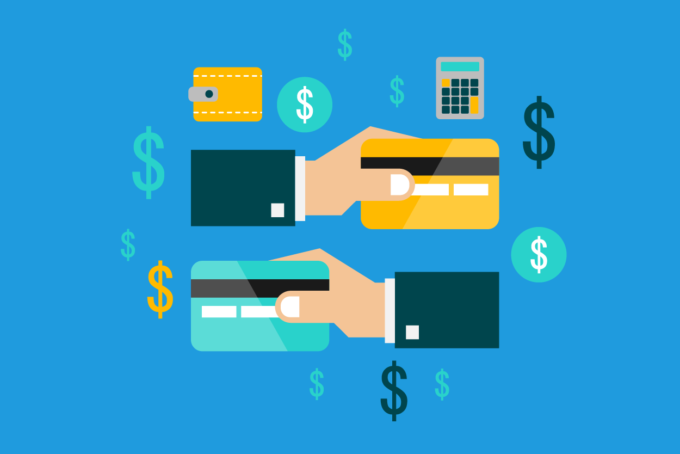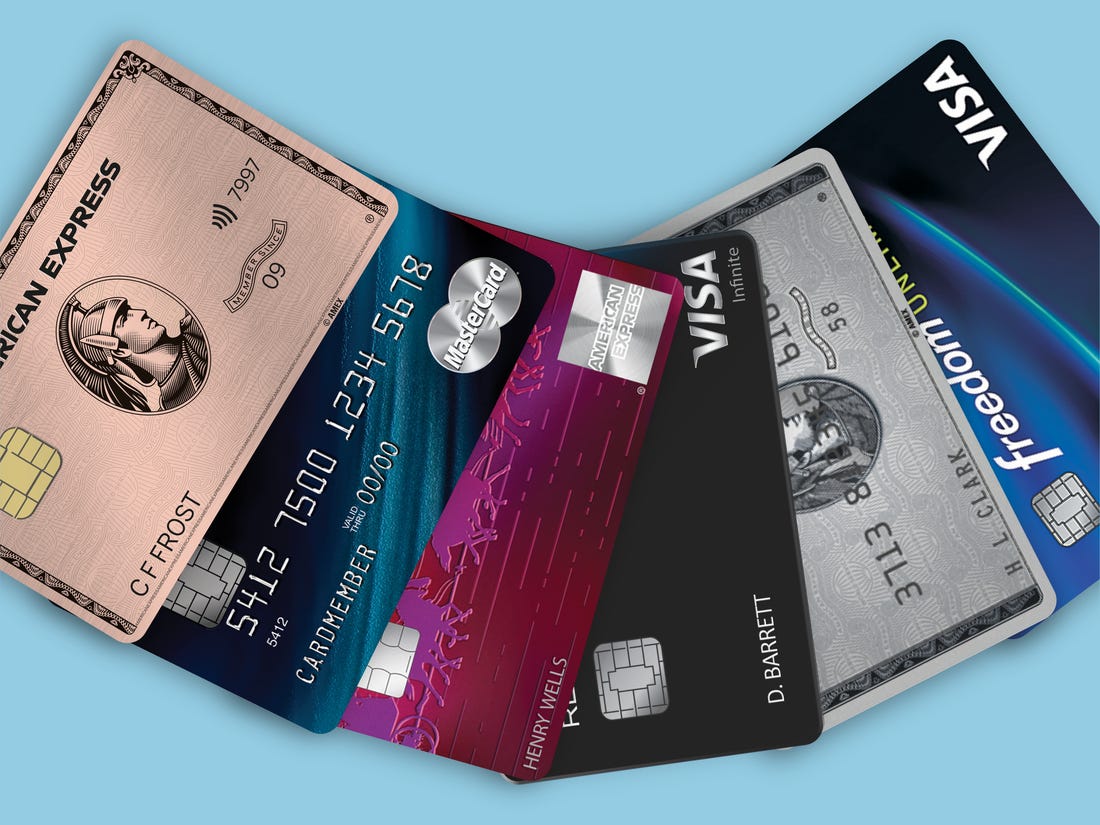Falling into bad spending habits? From carrying unpaid balances to ignoring your credit statements, negative behaviors can cause your score to plummet and leave you riddled with overdue payments. The vicious debt cycle is nothing if not overwhelming. Before long, monetary woes can leave you trapped in a seemingly impossible situation and pose a threat to your long-term plans.
The good news is it’s simple to change your spending routine and take charge of your financial future. To tackle potential credit card issues, you should understand several fundamental myths and misconceptions. The following information will help you build and maintain your credit without falling prey to common mistakes.
Applying for a new credit card will ding your credit score

You’re probably under the impression that applying for a credit card will negatively impact your credit score. Indeed, your credit report—a statement of your credit activity—contains a record of your credit card applications. However, as long as you don’t apply for several cards in a short amount of time, you shouldn’t worry too much about submitting applications.
It’s important to know having a credit card can actually help you build a positive credit history. If you spend wisely and pay off your balance each month, you’ll eventually bolster your score. If you’re looking for a low-risk plan, a credit card like this can be a clear path to better credit with the right strategies in place. Additionally, many cards offer incentives, like cashback rewards or SkyMiles, allowing you to earn money as you spend.
Checking my credit will hurt my overall score

One of the most common misconceptions hurting credit card owners is that checking on your score will send it spiraling down. However, unless you’re partaking in a hard credit check—used by rental companies and employers—your credit score will remain the same. Plus, even if you go through a hard inquiry, you can easily earn points back with healthy card habits. Ultimately, checking your score will help you maintain financially responsible practices as you’ll know where you stand before jumping into big purchases or additional lines of credit.
Every interest rate on your credit card balance is the same

You might think all interest rates on your balance are identical. The truth is, it’s possible to have several different types of charges with unique interest rates. For example, cash advances and balance transfers generally have distinct rates that differ from routine purchases. On the bright side, amounts paid above your minimum payment automatically apply to the balance with the highest interest rate.
You should carry a balance to build credit history

Many young spenders use credit cards as a way to establish good credit. However, if you’re carrying an unpaid balance on your credit card to build your history, go ahead and delete this strategy from your repertoire. It’s much more effective to pay off your balance in full each month.
Doing so can ultimately raise your credit score by lowering your debt-to-credit ratio. Plus, when you keep unpaid balances, you run the risk of building up to larger debts that are more difficult to pay off. If you have to pay less than full at the end of the month, have a clear plan for how you’ll pay off the remaining money owed.
Income impacts your score
Although many believe monthly income and yearly salary will affect their credit score, both numbers are exempt when calculating your number. While having a firm understanding of your earnings and assets can help you budget adequately, creditors and score calculations do not depend upon income.
You need more credit cards to boost your credit score

Contrary to popular belief, carrying around more credit cards doesn’t necessarily guarantee an enhanced credit score. 10% of your score is calculated based on the various types of credit you have. Credit reporting bureaus usually prefer to see diverse lines, including car loans, home mortgages, and even student loans, when examining your history. Avoid opening the same lines, racking up department store bills, and instead invest in unique lines of credit that will enrich your score.
Having a perfect score is essential

Although striving for a sky-high credit score is worthwhile, there are no additional benefits for obtaining a near-perfect score. As long as you sit above 700, you’re considered low-risk and financially responsible.
A good credit score means you’re wealthy

Although a green credit score is amicable and important for anybody with credit lines, it doesn’t mean you’re suddenly made of money. In fact, many low-income individuals have decent credit histories within the 600-700 range. The only thing your credit score indicates is whether you’re low or high risk.
When applying for additional cards or lines of credit, banks look at your score to determine whether you’ll pay back what you owe. If you have a history of unpaid bills and missed payments, resulting in a low score, credit unions may pass on your application. However, if you maintain a high score, lenders will be more likely to accept your request regardless of your current income.
You should close out unused credit cards to improve your score

While it may be tempting to close out cards with zero balances, you should think twice before pulling the trigger. Closing accounts will decrease your total available credit and increase your credit utilization rate. Unfortunately, credit reporting bureaus might take this as a sign that you represent a higher credit risk, resulting in a lowered score. Avoid the problem by using your credit cards at least once every couple of months to keep them active.
Final thoughts
Falling into unhealthy spending patterns can threaten your long-term stability. If spending beyond your means is tanking your credit score, it’s time to prioritize your monetary goals and develop an effective strategy to reach them. Remember to keep the debunked myths above in mind when creating your plan. Once you have a handle on these common credit misconceptions, you’ll be able to pay off debt and elevate your credit score with ease.









